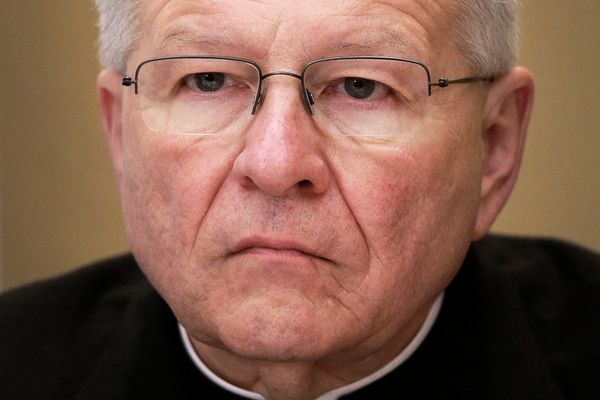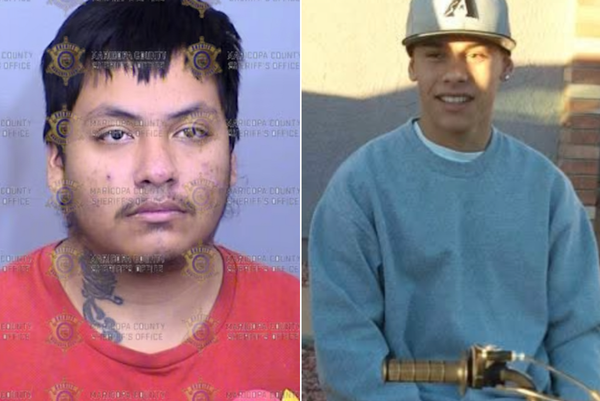Cheers and applause have greeted legislation to enact South Australia's state-based First Nations Voice, which was introduced to parliament this morning.
A bill to establish the mechanism for direct Aboriginal and Torres Strait Islander representation was formally presented to the upper house by Attorney-General and Aboriginal Affairs Minister Kyam Maher.
A packed public gallery included Kaurna elders and Aboriginal community leaders, and many of those in attendance gave the bill a standing ovation at the conclusion of Mr Maher's speech.
"I'm pleased that so many Aboriginal leaders and community members who've contributed on this bill have chosen to come to parliament today," Mr Maher told parliament.
"Where we are now, on Kaurna country, this whole state and the whole of this nation, always was and always will be Aboriginal land.
"The Voice must come from the grassroots level and be able to speak for local issues and the Voice must reflect the diversity of First Nations communities."
The bill is set to pass parliament by Easter with support from The Greens in the Legislative Council, but it has not been free from controversy.
Questions remain about how South Australia will be split up and geographically represented by the model.
In January, more than a dozen Aboriginal elders and leaders wrote to Mr Maher and First Nations Voice Commissioner Dale Agius stating they did not support the model and were "deeply concerned" about parts of the proposed Voice.
Their objections focused on what they described as a "failure to build into the model Native Title groups and leadership".
The state opposition also said it wanted to see more detail before making a decision on backing the legislation.
During his parliamentary speech, Mr Maher said the bill had been adjusted prior to its introduction to reflect "concerns raised about the interaction of the Voice with other bodies and agreements already in existence".
He said its inception dated back to the current government's time in opposition, in the years after the release of the Uluru Statement from the Heart in 2017.
"We decided we couldn't wait for the possibility for a federal government who would enact the Uluru statement," he said.
"That's why we, the now South Australian government, from opposition, as one of our very first policies, committed to the full implementation of the Uluru Statement from the Heart at a state level."
Mr Maher invoked the names of civil rights and social justice luminaries when making the case for the Voice.
"Just imagine telling Rosa Parks or Charlie Perkins not to get on those buses or challenge the status quo," he said.
"We have nothing to fear from a First Nations Voice and we have everything to gain."







